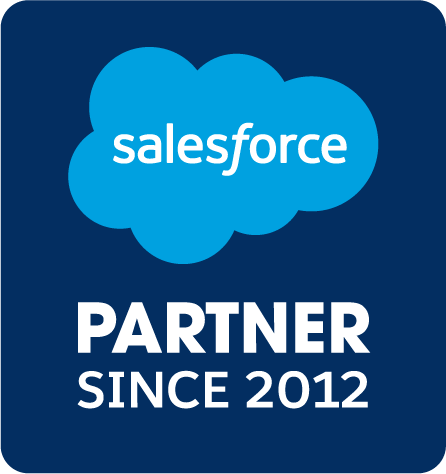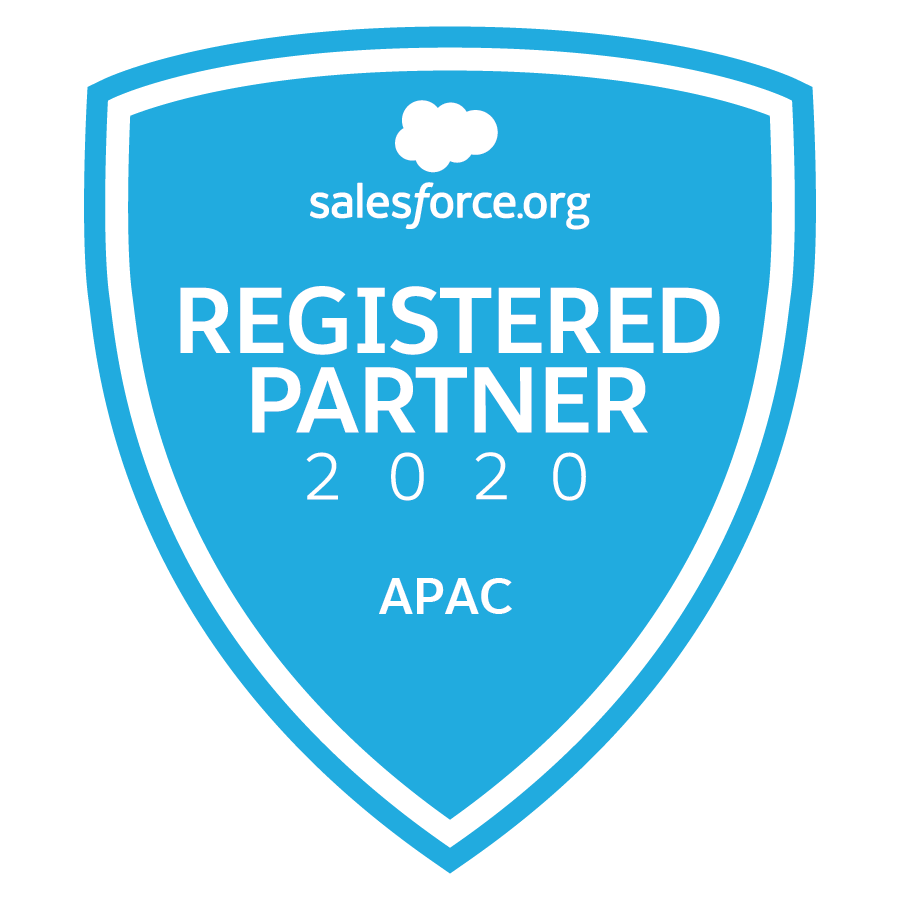Good customer relationships are the foundation of any successful business, and events are no exception.
As companies begin to grow, these customer relationships become increasingly more numerous and complex. In turn, data streams coming in from sales, marketing, social media, and customer service multiply.
Considering most of our relationships are mediated by technology in some fashion, the face-to-face interactions that events provide can be extremely effective in fostering new potential sales leads as well as gathering useful information from existing customers. However, for any business, managing this information can prove to be timely and difficult.
CRM’s simplify data management by acting as a central information hub, in which an event organiser can easily access information regarding attendees, customer retention, sponsors, and investors. Presenting this data in an efficient and clear manner is crucial for an event manager to be able to see what’s working and what’s not, which in turn can seriously affect the likelihood of an event’s success.
For example, a CRM can inform organisers of the following: an event’s type, the size of the event and number of guests, the expected budget and revenue), security, attire, start and stop times, project deadlines, and detailed information regarding leads.
Thus, the value of a good Salesforce CRM can make a world of difference in dictating the success, effectiveness, and longevity of an event.
3 Ways CRM’s Improve Event Management
Automate Manual Tasks
Perhaps one of the foremost ways that a CRM can drastically improve event management is by automating manual tasks. Every sales and marketing department understands that “speed to cash” time is vital to growth, and performing tasks manually is simply not as efficient as automating them.
For example, without a CRM an event organiser must rely on other staff to verify and import leads, most likely by way of an Excel template. Unfortunately, this method takes far longer and is prone to human error, and therefore presents unnecessary risks for event managers.
Conversely, native integration with a CRM streamlines this process immensely. Consequently, sales teams can connect with clients much more quickly, a great deal of time and money is saved and the process of creating an accessible database of leads is made easier than ever.
Lead Performance
Secondly, CRM automation is incredibly useful in that it helps event organisers gauge the lead performance generated by their events. By being able to analyse the quality, status, and lifecycle of leads, CRM’s provide managers with detailed visibility of a lead’s progression.
That is, they can see what leads are new, converted, disqualified, etc. Perhaps more importantly, they can see how many qualified leads were delivered by a team as well as how many leads ended up becoming customers. CRM’s, equip event organisers with a deeper understanding of lead quality and performance.
Sales Force Management
CRM’s are valuable in that they allow for better sales management. Tracking and maintaining a sales team is never easy, however, an entire team can be consolidated onto one platform by implementing a CRM.
It allows for event managers to better track a team’s progress, keep detailed records of transactions and activities, and often prevents data from being duplicated. Automation also streamlines communication within sales teams, helps keep better track of inventory, and leaves less margin for error by keeping the entire team in one place.
What To Do With Post-Event Data
After an event is finished, event organisers can utilise data generated by a CRM to further generate sales. One example of this is to create automated marketing campaigns. Once an attendee registers for an event, their information is entered into the CRM’s database.
Thus, event leaders can create targeted email and social media campaigns using the database of leads generated by the CRM. Furthermore, CRM’s also provide specific information about the attendees, such as those who have just registered versus those who have bought a ticket.
Such information allows sales teams the option to divide and schedule their campaigns based on the nature of different leads. Similar to automated campaigns, location-based targeting is another feature of using a CRM. Some CRM’s, such as Salesforce, have geo-location features that event organisers can use to create marketing campaigns for specific customer demographics.
An example of this might be targeting a particular city for customers based solely in that region. Geo-location features can also be used to network and test new markets. These are just a few examples of how data can be used to expand and streamline operations.
Considering that Salesforce features are constantly evolving, there seems to be no limit to how much effective CRM integration can improve event management.
SalesFix are Salesforce Gold Consulting Partners, get in touch with our expert team to find out more about how CRM integration can help your business.






